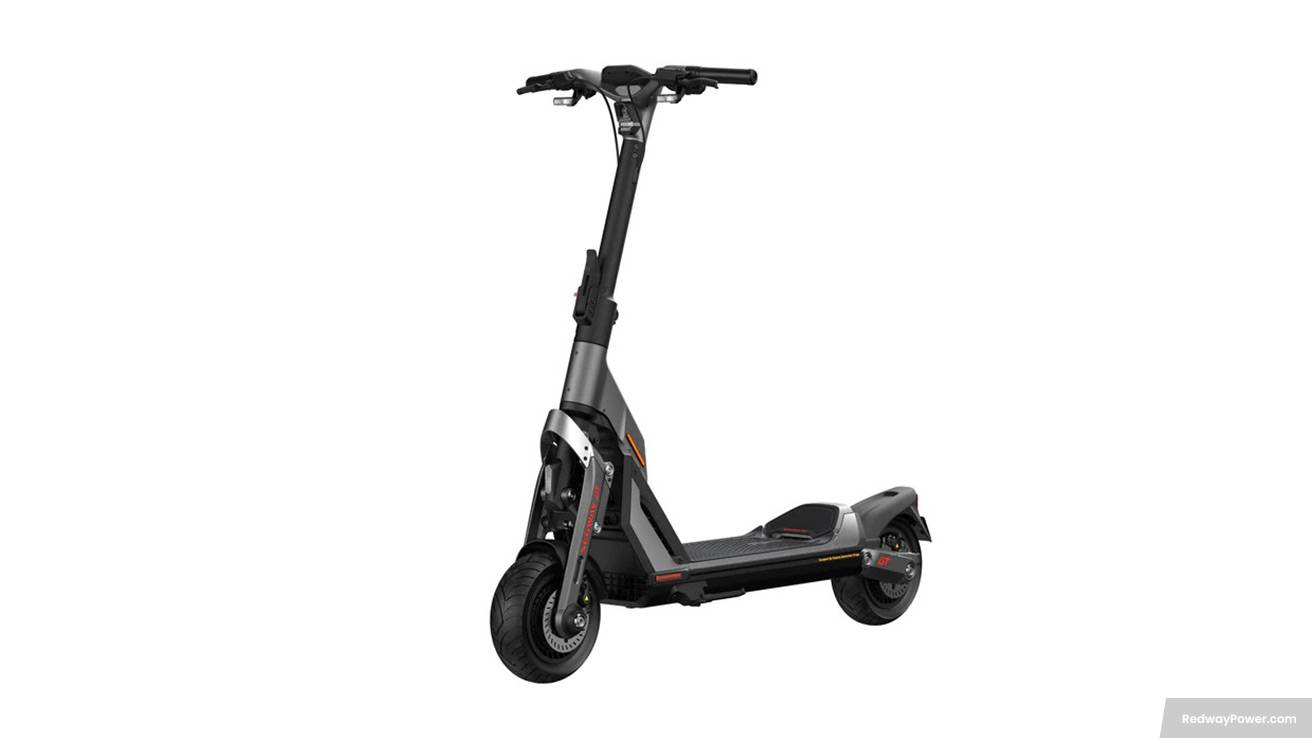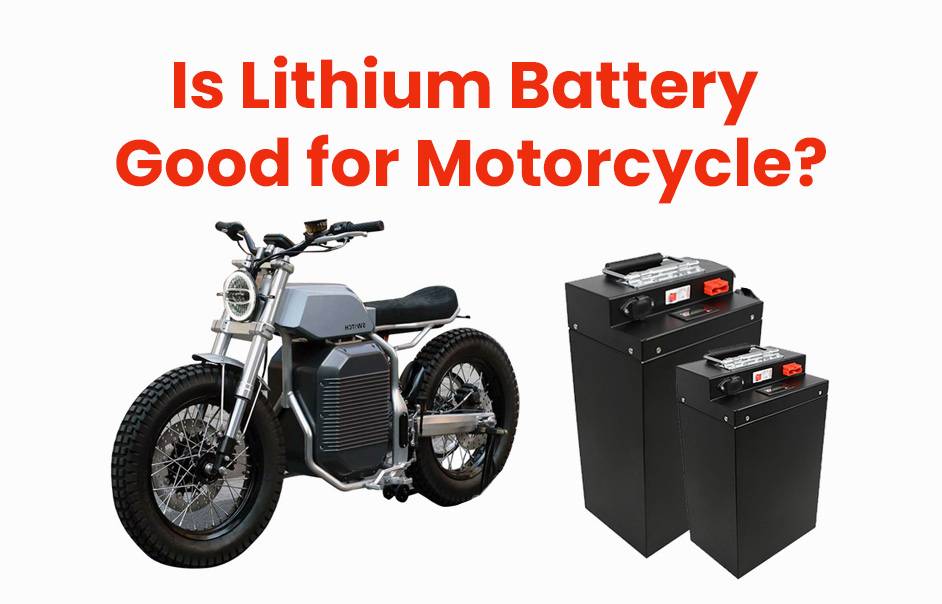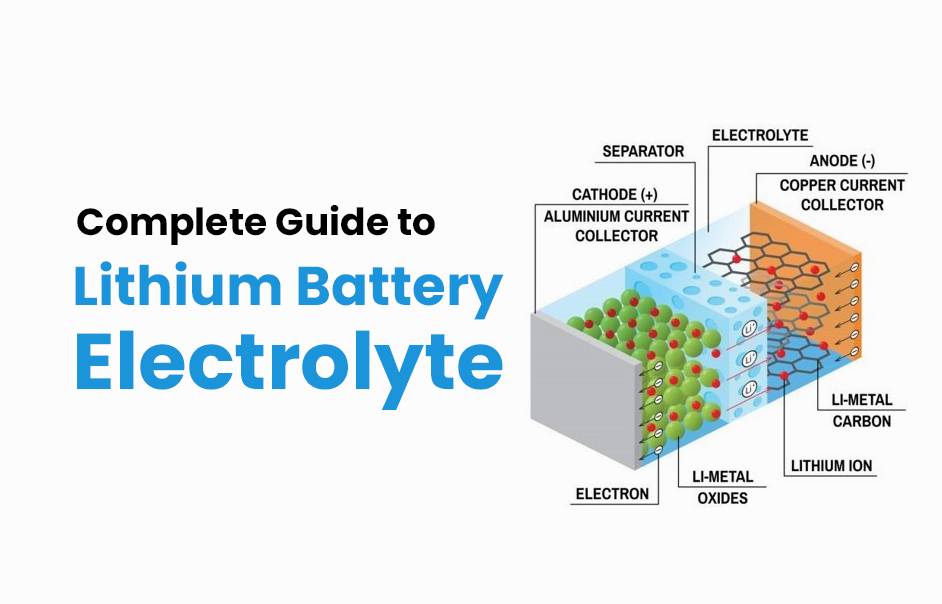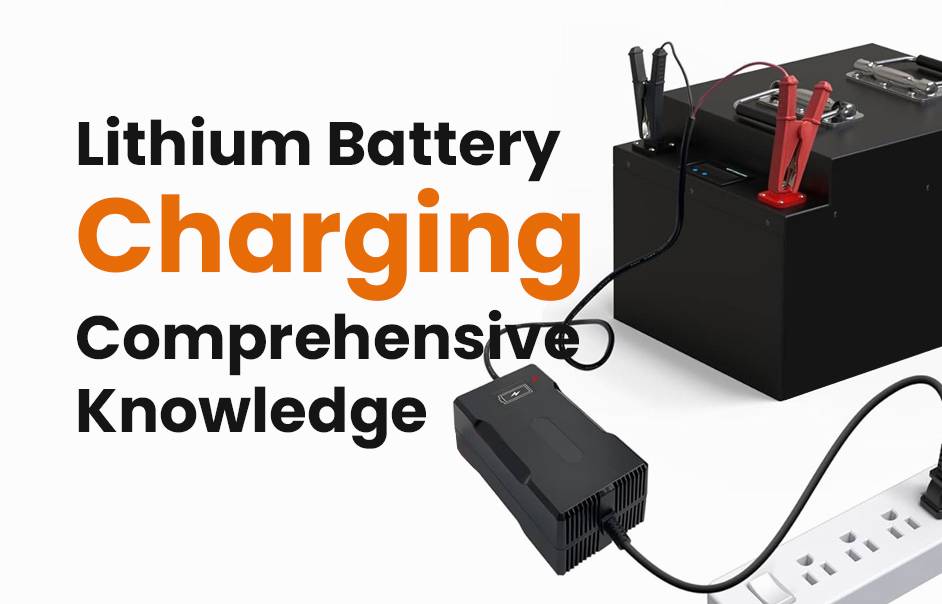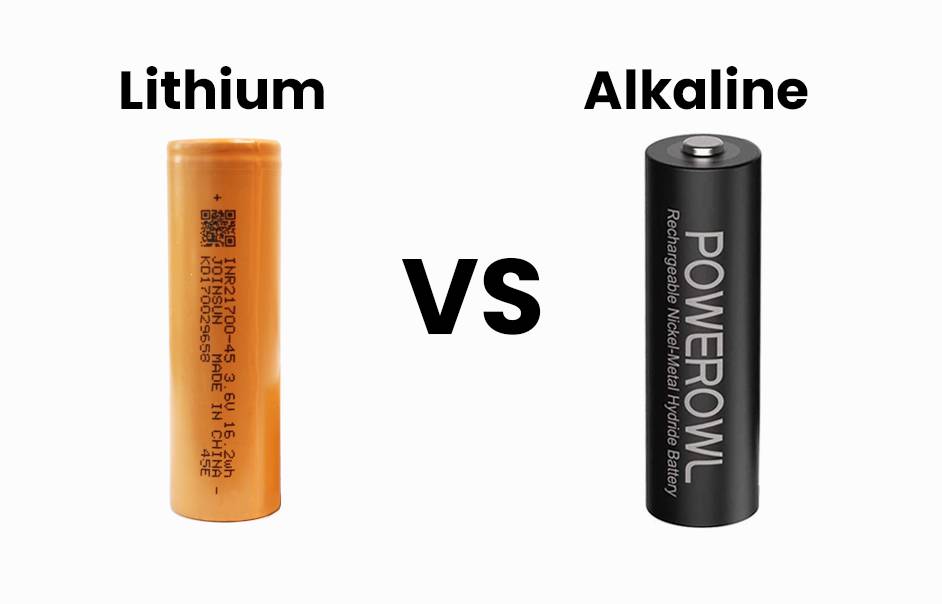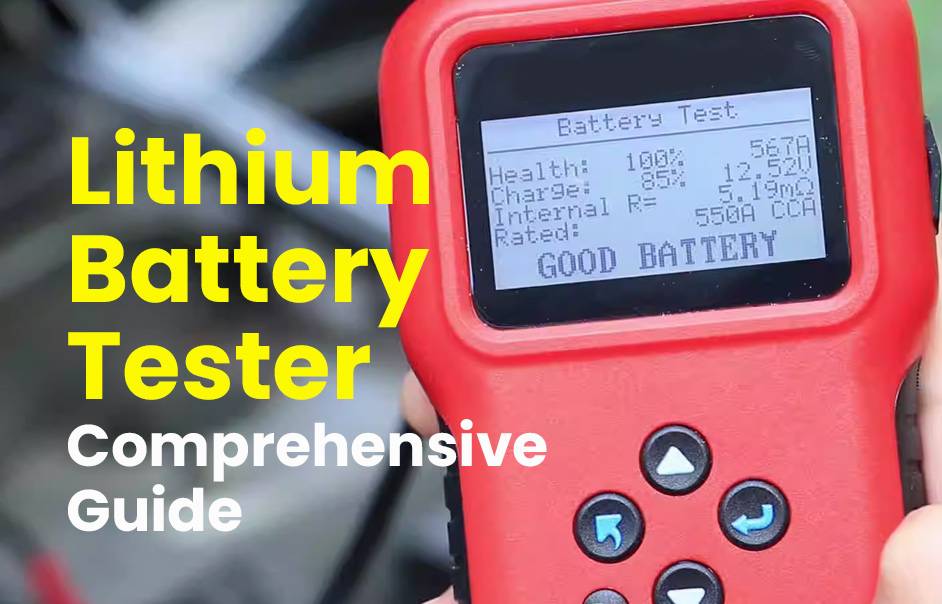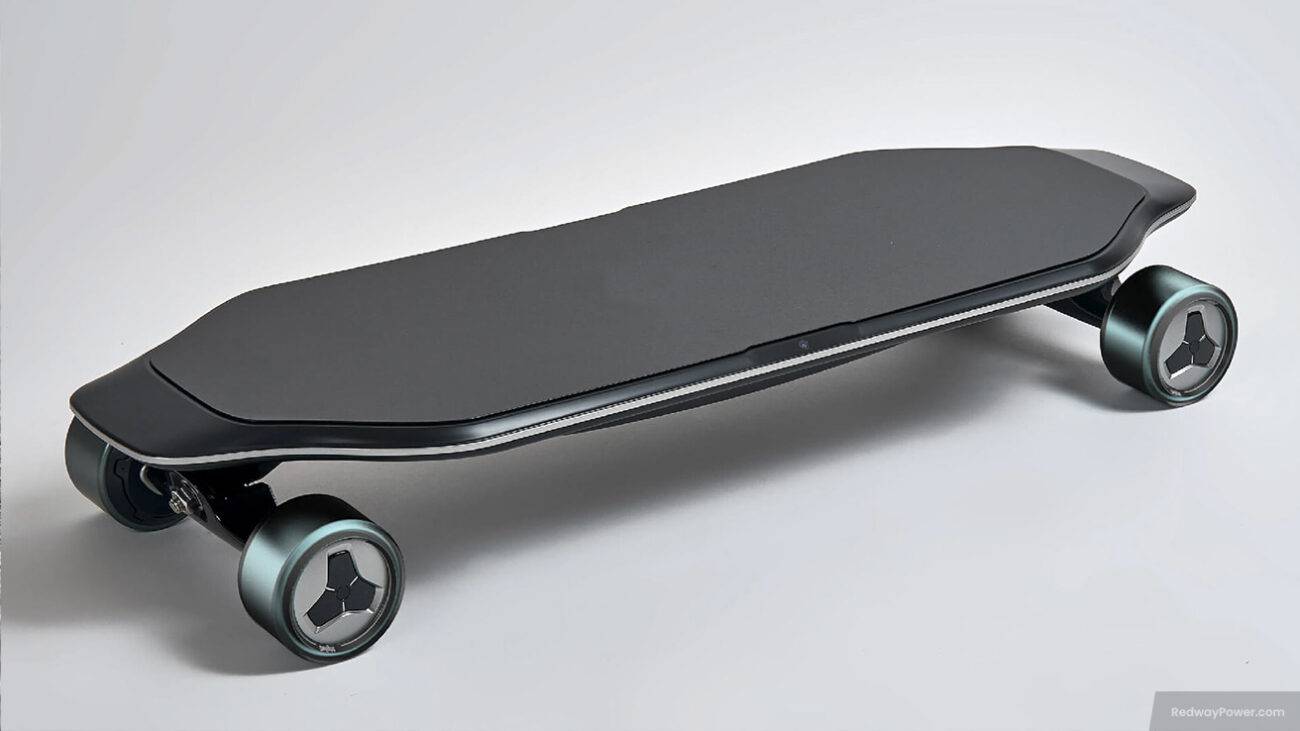For mobility scooter enthusiasts, the battery is a lifeline. In this post, we’ll focus on lithium batteries, exploring the crucial aspect of overcharging. Join us for insights and valuable tips to keep your mobility scooter battery in top-notch condition. So, sit back, relax with your cup of tea (or coffee), and let’s delve into battery care!
Understanding Mobility Scooter Batteries
Understanding mobility scooter batteries is essential for maintaining optimal performance. These batteries, such as lead-acid and lithium-ion types, power your scooter and impact factors like weight and maintenance. Let’s delve into the basics and explore whether lithium batteries can face overcharging issues.
- Battery Types:
- Mobility scooters commonly use lead-acid or lithium-ion batteries.
- Lead-acid batteries are reliable but heavier with regular maintenance requirements.
- Lithium-ion batteries are lightweight, longer-lasting, and require minimal maintenance.
- Choosing the Right Battery:
- Consider usage patterns, desired range, weight capacity, and budget when selecting a battery.
- Consult experts or refer to the scooter’s manual for specific battery recommendations.
- Battery Care Importance:
- Caring for your battery is crucial for longevity and optimal performance.
- In the following sections, we’ll explore the possibility of overcharging with lithium batteries and provide tips to prevent this issue.
The Advantages of Lithium Batteries for Mobility Scooters
Lithium batteries have transformed mobility scooters, offering unparalleled advantages over traditional lead-acid batteries. From lightweight design to longer lifespan, they bring convenience and peace of mind. Let’s explore the key benefits making lithium batteries a preferred choice.
- Lightweight Design:
- Lithium batteries are significantly lighter, enhancing scooter maneuverability and ease of transportation.
- Say goodbye to struggles with heavy batteries, providing worry-free mobility.
- Extended Lifespan:
- Lithium batteries outlast lead-acid counterparts, reducing the need for frequent replacements.
- Enjoy extended scooter use without concerns about sudden battery failure.
- Faster Charging Times:
- Quick charging times of lithium batteries minimize downtime, allowing you to hit the road sooner.
- Experience increased convenience with swift recharging compared to traditional options.
- Higher Energy Density:
- Lithium batteries offer higher energy density, storing more power in a compact space.
- Achieve longer travel distances on a single charge, catering to daily activities and routines.
- Minimal Maintenance:
- Unlike lead-acid batteries, lithium batteries require minimal upkeep, eliminating tasks like checking water levels.
- Enjoy the benefits of hassle-free maintenance, contributing to an enhanced scooter experience.
In summary, the combined advantages of lightweight design, extended lifespan, faster charging times, higher energy density, and minimal maintenance make lithium batteries the preferred and practical choice for mobility scooters.
Can You Overcharge a Lithium Battery?
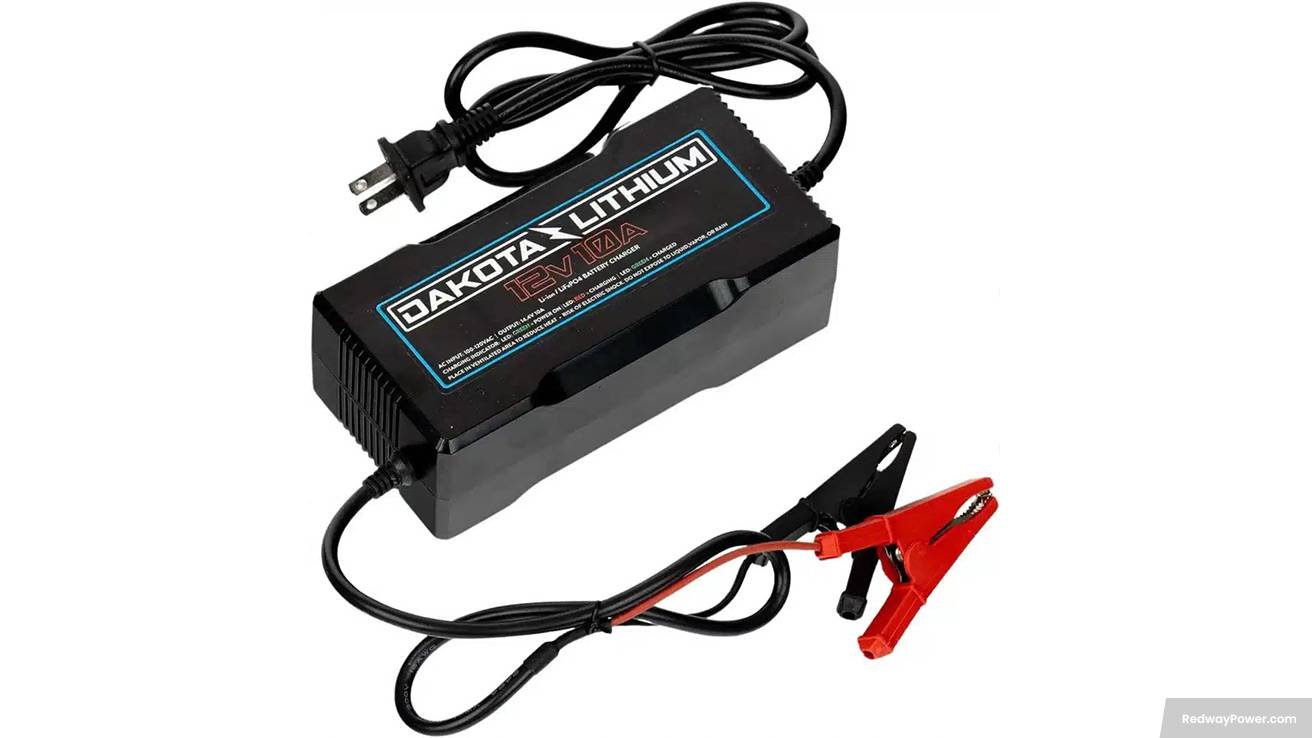
For mobility scooter users concerned about overcharging lithium batteries, the good news is that such batteries are designed with advanced technology to mitigate this risk. Here’s a simplified breakdown of key points to understand:
- Overcharging Safeguards:
- Lithium batteries feature built-in protection circuits that automatically cut off power when reaching full capacity.
- This technology minimizes the risk of overcharging, offering users peace of mind even if left plugged in overnight.
- Monitoring Heat Levels:
- Excessive heat during charging may indicate potential overcharging or other issues with the battery or charger.
- Users should be vigilant and address concerns promptly to avoid compromising battery performance.
- Use Proper Chargers:
- To maximize battery lifespan, only use chargers designed for the specific mobility scooter model.
- Cheap or incompatible chargers can pose risks, potentially damaging the lithium battery.
- Temperature Considerations:
- Extreme temperatures, whether hot or cold, can negatively impact lithium battery performance and lifespan.
- Avoid exposing batteries to direct sunlight and store them in a moderate temperature environment.
In summary, while overcharging is unlikely due to built-in safeguards, users should monitor heat levels, use appropriate chargers, and consider temperature conditions to ensure optimal performance and extend the life cycle of their mobility scooter’s lithium battery.
Signs of Overcharging a Mobility Scooter Battery
Ensuring the proper charging of your mobility scooter’s lithium battery is vital for longevity and safety. Recognizing signs of overcharging is crucial to prevent potential damage. Here are key indicators to watch for:
- Excessive Heat:
- If your scooter’s batteries become unusually hot during charging or use, it signals potential overcharging.
- Properly charged lithium batteries should not generate excessive heat.
- Swelling or Bulging:
- Overcharging may cause the battery to swell or bulge, indicating increased internal pressure.
- Any noticeable changes in the battery’s physical structure suggest potential overcharge issues.
- Reduced Performance:
- Diminished performance and shorter run times between charges can be signs of overcharging.
- Frequent recharging may be needed if the battery has been subjected to excessive charge.
- Strange Odors:
- Unusual smells, similar to rotten eggs, during charging could signify overcharging.
- Any peculiar odor emanating from the battery pack should be addressed promptly.
- Erratic Charging Behavior:
- Sudden fluctuations in charging times or inconsistent charge level displays may indicate overcharging.
- If your scooter’s charger behaves unpredictably, it’s essential to investigate potential overcharge issues.
Promptly addressing these signs is essential to prevent irreversible damage and safety hazards associated with overcharging lithium batteries in mobility scooters.
Tips to Avoid Overcharging Your Lithium Battery

Preventing overcharging is crucial for maintaining the health of your mobility scooter’s lithium battery. Follow these simple tips to ensure optimal charging without risking damage:
- Follow Manufacturer’s Instructions:
- Read and understand the user manual’s charging guidelines provided by the scooter manufacturer.
- Adhering to these instructions ensures you charge the battery correctly, preventing overcharging.
- Use a Smart Charger:
- Invest in a quality smart charger designed to adjust the charging process based on the battery’s needs.
- Smart chargers provide optimal charging without the risk of overcharging, enhancing battery longevity.
- Set a Timer:
- If using a standard charger, set an alarm or timer to remind you when to unplug the scooter.
- This simple practice helps avoid accidentally leaving the scooter connected for extended periods.
- Avoid Extreme Temperatures:
- Charge and store your mobility scooter in environments with moderate temperatures.
- Extreme heat or cold can adversely affect lithium batteries and increase the risk of overcharging.
- Regularly Inspect Your Battery:
- Keep a close eye on the battery for signs of wear, damage, bulging, leaks, or unusual smells.
- If any issues are detected, cease using the battery immediately and seek professional assistance.
By incorporating these practices, you not only prevent overcharging but also ensure a longer lifespan and optimal performance from your mobility scooter’s lithium battery.
Common Misconceptions About Lithium Batteries
As we conclude our discussion on lithium batteries for mobility scooters, let’s debunk common misconceptions to better understand their capabilities and limitations.
- No Memory Effects:
- Myth: Lithium batteries suffer from memory effects, impacting performance if not fully discharged before recharging.
- Fact: Unlike older battery types, lithium batteries do not have memory effects. They can be charged at any state without performance degradation.
- Leaving Scooter Plugged In:
- Myth: Leaving a mobility scooter plugged in all the time degrades the lithium battery quickly.
- Fact: Modern lithium battery chargers prevent overcharging, making it safe to leave the scooter plugged in when not in use.
- Complete Discharge Prolongs Lifespan:
- Myth: Discharging a lithium battery completely before recharging prolongs its lifespan.
- Fact: Continuous draining to zero percent stresses lithium battery cells. It’s better to recharge after each use or based on daily usage.
- Storing at Full Charge:
- Myth: Storing lithium batteries at full charge harms their longevity.
- Fact: Storing at around 50% charge preserves capacity during extended periods of storage. Enable the Battery Management System for protection.
In reality, lithium batteries are reliable and efficient power sources, and understanding the facts dispels common misconceptions about their usage.

